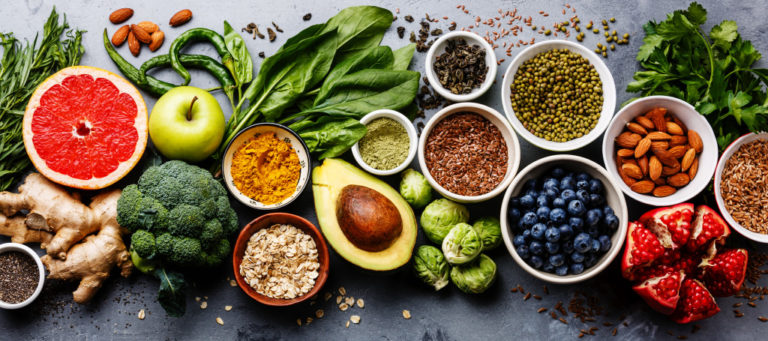Gastroesophageal Reflux Disease (GERD) is a condition characterized by chronic acid reflux and heartburn, often caused by a weak lower esophageal sphincter (LES). When the LES weakens, acid from the stomach can travel up to the esophagus and cause uncomfortable symptoms, such as heartburn, difficulty swallowing, chest pain, and regurgitating food or sour liquid.
The first step to managing GERD is to set an appointment with a GI specialist who does GERD and ulcerative colitis treatment in Salt Lake City or any other place. After confirming your diagnosis and determining your treatment plans, here’s how you can manage the symptoms with nutritional and diet changes:
1. Know the foods to avoid
Certain foods can trigger your symptoms or make your condition worse. Here are some examples of foods that you should avoid to prevent flare-ups:
- Meats high in fat
- Cow’s milk
- High-fat foods
- Cheese
- Excessive salt
- Chocolate
- Carbonated drinks
- Acidic foods
- Caffeine
- Onions
- Alcohol
- Citrus
Foods that trigger GERD can be different for each person. Hence, you shouldn’t eliminate all of these foods all at once. Observe which foods trigger your symptoms and then eliminate them from your diet as best as you can.
2. Don’t eat a full meal right before sleeping
After you eat, there is an increased amount of gastric juices in your stomach to digest the food. If you go to bed shortly after eating, the reclined position makes it harder for your LES to keep the contents of your stomach from going up the esophagus. For individuals with GERD, going to bed immediately after eating is almost always a sure way to experience the symptoms of the disease.
Avoid eating a full meal if you’re going to bed in 3-4 hours. If you must eat shortly before bedtime, remain in a sitting position for at least two hours before laying down.
3. Incorporate foods that will ease your symptoms
These foods will help cure your GERD, but they will help manage your symptoms and prevent discomfort:
- Vegetables help decrease acid in the stomach. Incorporate more vegetables in your diet, such as leafy greens, cruciferous vegetables, potatoes, green beans, and cucumbers.
- Oatmeal is a great source of fiber, which helps reduce acid reflux.
- Lean protein sources such as chicken, fish, and turkey are better than high-fat meats and seafood.
- Healthy fat sources are ideal to manage GERD. Instead of animal fat and saturated fat, switch to sesame oil, olive oil, avocados, and nuts as your fat sources.
- Fruits that are not citrus help vary your diet without causing flare-ups. Eat more apples, bananas, pears, and melons.
4. Maintain good posture while eating
Sit upright whenever you eat something and avoid lying in a supine position until at least two hours have passed.
5. Eat small but frequent meals

Instead of eating three big meals throughout the day, which can increase the incidence of heartburn, eat small but frequent meals starting from breakfast up to dinner.
Managing the symptoms of GERD consists primarily of nutrition and diet changes. Aside from promoting a healthy lifestyle, these tips will help you reduce, if not eliminate, your symptoms in no time.





